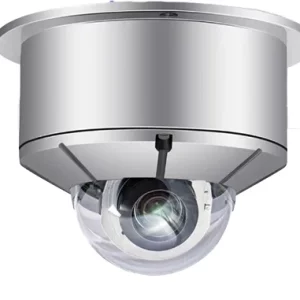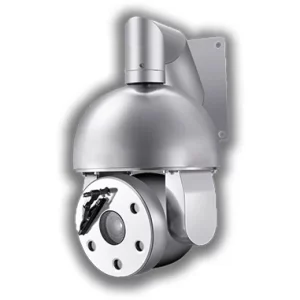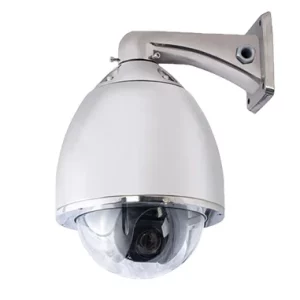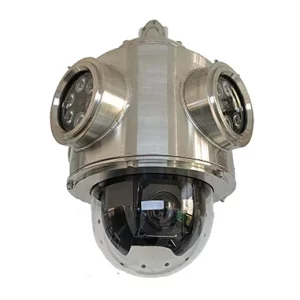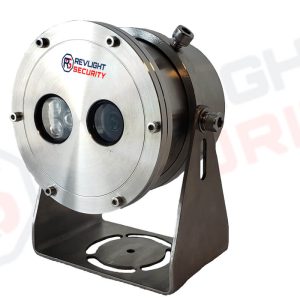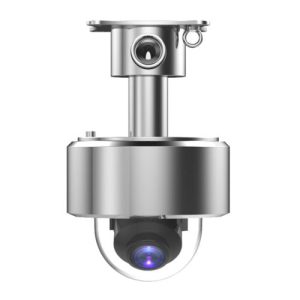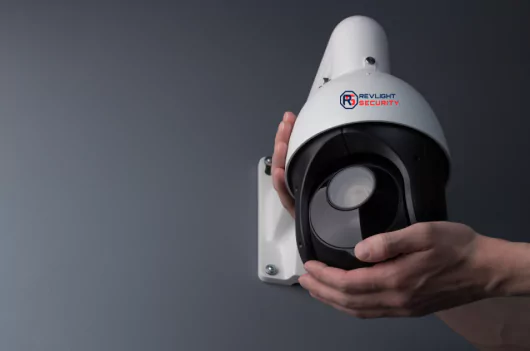We design cameras that can withstand the toughest conditions, especially our explosion-proof range.
...You can install a explosion proof CCTV camera and monitor different operations and processes. Our cameras are best in providing remote visual verification of readings from gauges and sensors throughout your sites. These cameras are ideal to keep a watchful eye on your Zone 1 and Zone 2 hazardous areas. We are one of the leading explosion proof camera manufacturers in Singapore providing reliable products for surveillance in challenging environments. Explore our range of products and purchase the explosion-proof camera system that fulfills your needs the best.
Frequently Asked Questions
What is an explosion proof camera?
Explosion-proof cameras are built to prevent any sparks or flames inside the camera from igniting hazardous materials outside. They have special enclosures and materials to handle extreme conditions.
Where can explosion-proof cameras be used?
These cameras are ideal for environments such as oil and gas facilities, chemical plants, refineries, and grain elevators. In short, these are deemed fit for any location with a risk of explosions due to flammable gases, vapors, or dust.
What is the difference between explosion-proof and intrinsically safe devices?
Explosion-proof devices are built to contain any internal explosions, ensuring they don’t ignite surrounding hazardous areas. They’re used in places with explosive gases or dust and are heavier due to their strong enclosures.
Intrinsically safe devices prevent sparks or heat that could ignite explosions. They operate at low power levels with circuits that limit electrical energy, making them safer for environments with explosive gases or vapors under normal conditions. They’re lighter and more compact than explosion-proof devices.
How are explosion-proof cameras different from regular security cameras?
The explosion proof CCTV cameras are designed to be exceptionally robust, preventing sparks from causing explosions. They often have reinforced housings made from materials like stainless steel or aluminum and undergo rigorous testing to meet strict safety standards.
What are the benefits of using explosion-proof cameras?
Using explosion-proof cameras enhances safety and ensures compliance with industry regulations. They provide continuous surveillance in hazardous environments, reducing the risk of serious incidents. This means greater peace of mind, knowing that your personnel and property are protected.
What is the difference between Class 1 and Class 2 explosion-proof cameras?
Class 1 cameras are designed for environments with flammable gases or vapors (e.g., hydrogen, methane), while Class 2 cameras are for areas with combustible dust particles (e.g., flour, coal dust).
Are explosion-proof cameras more expensive than regular security cameras?
Yes, they are generally more expensive due to their specialized design and materials. You can check the explosion proof CCTV camera price in Singapore on our website for your desired product and make a purchase. Our prices are reasonable and your investment will be worth it as these cameras provide added safety and durability in high-risk areas.
How do I choose the right explosion-proof camera for my needs?
Think about the specific hazards in your environment, the area you need to cover, the camera’s resolution and features, and whether it meets relevant safety standards. Our experts at Revlight Security can help you find the perfect camera for your needs.
Can explosion-proof cameras be integrated with existing security systems?
Yes. Explosion-proof CCTV camera can be integrated with most existing security systems. They offer similar features to regular cameras, like remote viewing, motion detection, and alerts, making them compatible with your current setup.
What maintenance is required for explosion-proof cameras?
Regular maintenance is key. Clean the camera lens and housing, check for any damage, and ensure all seals and enclosures remain intact to maintain their explosion-proof integrity. Follow the manufacturer’s maintenance guidelines and schedule periodic professional inspections for optimal performance.


